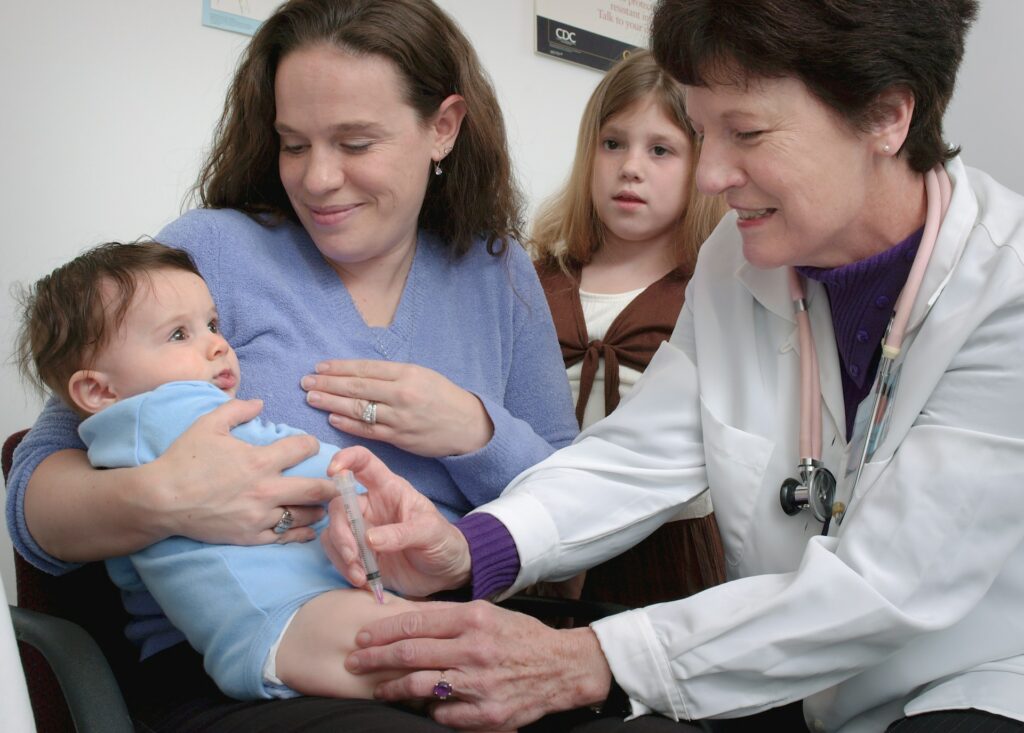
Practical Tips for Preventing Childhood Obesity
September is National Childhood Obesity Month, a time dedicated to bringing awareness to a serious health condition affecting roughly 1 in 7 children ages 10-17 in the United States. While there is no one-size-fits-all approach to preventing childhood obesity, there are simple strategies that we can use to support and guide children on their journey to good health and wellness.
Childhood Obesity: A Major Public Health Issue
Childhood obesity is a significant public health concern. If left untreated or unaddressed, it can predispose children to many chronic health conditions, potentially promote depression, low self-esteem, and lead to lifelong physical and mental health challenges. According to the most recent 2021-2022 National Survey of Children’s Health (NSCH), Mississippi has the highest rate of childhood obesity at 26.4%, while Utah continues to have one of the lowest rates at 9.4%. Alabama also ranks among the highest, with a childhood obesity rate of 22.6%.
Notably, the survey highlights that Black and Hispanic youth continue to have obesity rates significantly higher than their White and Asian counterparts, with the disparity in health outcomes growing each year.
Research indicates that children are spending more time in front of screens and consuming more calories from sugary drinks than any other food or beverage. Alarmingly, less than 25% of children are eating the recommended daily servings of vegetables. As a result, childhood obesity has more than tripled over the past 30 years, according to the Stanford Prevention Research Center.
Factors that Promote Childhood Obesity
Many factors contribute to childhood obesity, including physical activity levels, eating habits, genetics, metabolism, family and home environments, and social factors. For some, obesity may be influenced by:
- Too much time spent indoors being inactive
- Lack of access to affordable, healthier foods
- Lack of education regarding proper nutrition
- Lack of sleep
- Exposure to marketing of unhealthy foods and beverages
- Easy access to high sugar, high-fat foods and beverages

While there is no single cause or solution to childhood obesity, a holistic, integrative approach may work best for preventing this serious health condition, as it is a complex, multifaceted issue. Strategies for preventing childhood obesity can include:
- Including nutrition education in schools to educate children on the role nutrition plays in fueling their bodies and promoting lifelong health and wellness.
- Empowering children to break the cycle of obesity through healthy eating habits and physical activity.
- Encouraging home-cooked family meals as much as possible.
- Limiting fast food, eating out, and processed foods.
- Focusing on the consumption of fresh fruits and vegetables.
- Being a role model for children.
- Stocking the pantry and fridge with healthy snacks such as fresh fruits, veggies, whole grains, nuts, and seeds.
- Respecting their appetite. Don’t force them to clean their plate.
- Drinking more water or naturally infused water with fresh fruit and herbs and less of sugar-sweetened drinks.
- Making healthy eating habits and physical activity a family goal to achieve.
The Role of Pediatricians and Family Doctors in Nutritional Health

Pediatricians and family doctors often serve as a child’s first point of contact in healthcare. They play a crucial role in monitoring overall health and development from an early age. When it comes to nutrition, these healthcare providers are responsible for identifying any nutrition issues or concerns.
Should a child face specific nutritional challenges or require specialized nutrition guidance, it is essential for pediatricians and family doctors to refer them to nutrition experts. Registered dietitians and nutritionists have the expertise to offer personalized advice and interventions that can help manage and improve nutrition-related concerns effectively without causing harm.
Ways Healthcare Providers and Communities Can Help:
- Offer easy access to safe drinking water and affordable healthy fresh fruits and vegetables.
- Provide physical activity opportunities at low or no cost to families.
- Refer families and children to a Registered Dietitian Nutritionist (RDN) for guidance and support with personalized nutrition education.
The earlier that nutrition intervention and healthy lifestyle habits are implemented, the better health outcomes will be for youth. Working together, we can create a healthier, more nourishing environment that focuses on health rather than weight, allowing our youth to thrive.
f you are concerned about your child’s nutritional intake, we are here to help. Learn more about our services by visiting: https://www.corenutritionhw.com/pediatric-nutritionist-dietitian-kids-nutrition/
